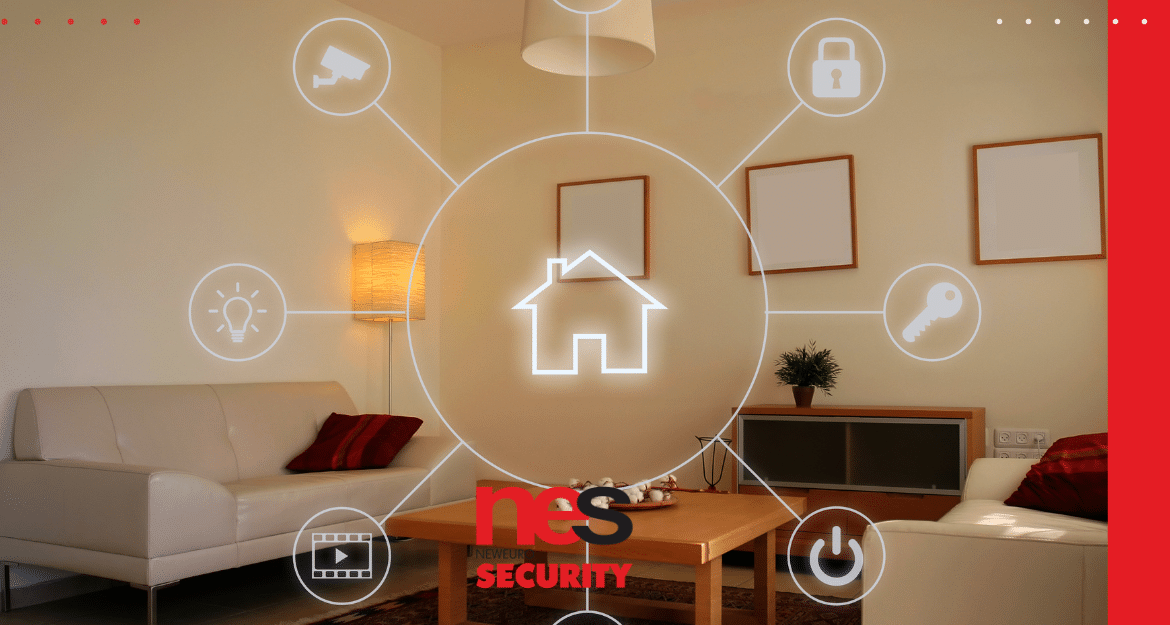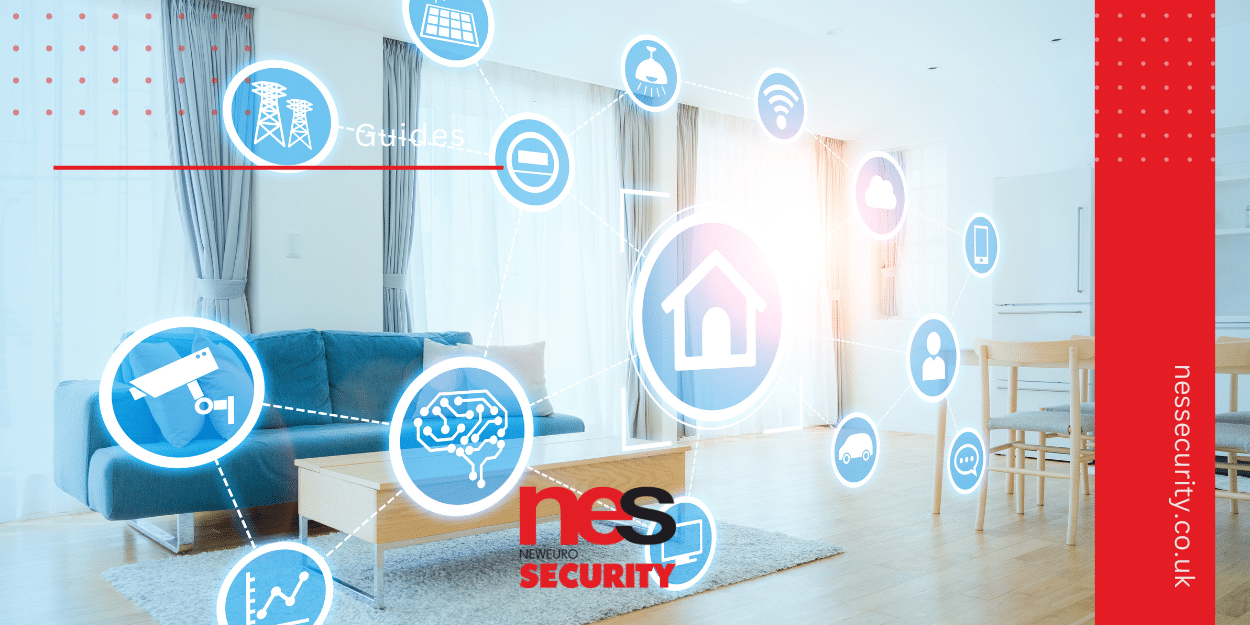The world of technology has gifted us with innovative ways to enhance our living spaces. Two terms that often come up in conversations about modern homes are “smart home” and “home automation.” These terms may seem interchangeable, but they encompass distinct concepts that transform the way we interact with our living spaces. In this article, we’ll delve into the intricacies of smart homes and home automation, understanding their differences and exploring how they can enrich our daily lives.
Understanding the Fundamentals: Smart Home vs. Home Automation
Before we delve into the differences, let’s establish a clear understanding of these concepts. A smart home is a residence equipped with various devices and systems that can be remotely controlled and monitored, typically through a smartphone, tablet, or computer. These devices are interconnected through the Internet of Things (IoT), creating a network that enables seamless communication and coordination.
On the other hand, home automation refers to the use of technology to control and manage various functions within a home automatically. This can include lighting, climate control, security systems, appliances, and more. The goal of home automation is to simplify tasks and increase efficiency by reducing manual intervention.
The Evolution of Home Living: Smart Homes Explored
The concept of a smart home has evolved over the years, transitioning from a futuristic idea to a reality that many homeowners can embrace. Smart homes are not just about convenience; they offer a holistic approach to modern living. With a smart home, you can control devices remotely, receive real-time updates, and even gather data about your home’s energy usage and overall efficiency.

Decoding Home Automation: Technology for Efficiency and Control
Home automation, while often associated with smart homes, encompasses a broader scope. It involves the integration of devices and systems to create a more efficient and comfortable living environment. Home automation can include various technologies, such as sensors, timers, and controllers, that work together to streamline daily tasks.
Components of a Smart Home: Devices and Systems
A smart home is composed of a wide range of devices and systems designed to make your life more convenient and enjoyable. These devices include smart thermostats, lighting systems, security cameras, smart locks, smart appliances, entertainment systems, and more. These components are interconnected, allowing you to control and monitor them from a single interface.
Unveiling the Role of Home Automation in Modern Living
Home automation plays a pivotal role in simplifying tasks and enhancing efficiency. Imagine arriving home, and your lights automatically turn on, the thermostat adjusts to your preferred temperature, and your favourite music starts playing. These actions are possible through the seamless integration of various automated systems within your home.
User Interaction: How Smart Homes and Home Automation Differ
One of the key differences between smart homes and home automation lies in user interaction. In a smart home, user interaction is often more dynamic and user-driven. You can control devices using voice commands, smartphone apps, or touchscreens. In contrast, home automation aims to minimise user intervention by automating tasks based on preset conditions or schedules.
Beyond Devices: The Intelligence of Smart Home Systems
Smart home systems go beyond individual devices. They employ advanced technologies like artificial intelligence (AI) and machine learning to learn your preferences and adapt to your routines. For example, a smart thermostat can learn your schedule and adjust the temperature accordingly, optimising energy usage.
Customization vs. Integration: Comparing Smart Homes and Home Automation
Smart homes focus on customization and user preferences. You have the flexibility to control devices according to your needs, whether it’s adjusting the lighting, setting the temperature, or managing security cameras. Home automation emphasises integration and orchestration, allowing devices to work together seamlessly without constant user input.
The Seamless Lifestyle: Convenience and Connectivity in Smart Homes
Smart homes offer a lifestyle of convenience and connectivity. You can monitor and control your home from anywhere with an internet connection. Whether you’re at work, travelling, or simply relaxing on the couch, you have the power to manage your home’s functions remotely.
Automation Levels: Exploring Automation’s Impact on Daily Life
Home automation impacts various aspects of daily life, from the moment you wake up to when you go to bed. Automated routines can include turning on lights at sunrise, adjusting the thermostat based on the time of day, and activating security systems when you leave the house.
Smart Home Security vs. Home Automation Security: Different Approaches
While both smart homes and home automation contribute to security, they approach it differently. Smart home security emphasises real-time monitoring and remote control of security devices, such as cameras and alarms. Home automation security focuses on integrating security systems into your overall automated setup, allowing you to include security actions in your routines.

Energy Efficiency and Sustainability in Smart Homes and Home Automation
Energy efficiency is a significant benefit of both smart homes and home automation. Smart homes enable you to manage energy usage by controlling lighting, HVAC systems, and appliances. Home automation takes it a step further by optimising energy consumption based on factors like occupancy and weather conditions.
Entertainment and Ambiance: Enhancing Living Spaces Through Technology
Smart homes and home automation contribute to entertainment and ambience enhancement. You can create immersive audio and visual experiences by integrating entertainment systems with smart speakers and lighting control. Imagine dimming the lights, closing the curtains, and starting a movie—all with a single voice command.
Choosing the Right Fit: Which Approach Suits Your Lifestyle?
Deciding between a smart home and home automation depends on your preferences and lifestyle. If you prefer hands-on control and customization, a smart home might be more suitable. On the other hand, if you value seamless automation and energy efficiency, home automation could be your choice.
Harmonizing Smart Homes and Home Automation: Finding the Balance
In many cases, smart homes and home automation can complement each other. You can have a smart home that incorporates automation principles to create a harmonious living environment. The key is to strike the right balance between customization and automation.
User Experiences: Real-Life Perspectives on Smart Homes and Automation
Understanding the benefits of smart homes and home automation goes beyond technical details. Hearing from homeowners who have embraced these technologies can provide valuable insights into their impact on daily life.
Embracing the Future: How Smart Homes and Automation Shape Living Spaces
As technology continues to advance, smart homes and home automation will play an even more significant role in shaping our living spaces. From increased energy efficiency to enhanced security, these technologies are on a trajectory to redefine how we interact with our homes.
Making an Informed Decision: Factors to Consider for Your Home
When deciding between a smart home and home automation, consider factors such as your lifestyle, preferences, budget, and long-term goals. Assess how each approach aligns with your needs and aspirations for your living space.
NES Security: Guiding You to the Ideal Smart Home or Automation Solution
Choosing between a smart home and home automation can be a complex decision. At NES Security, we understand the intricacies of these technologies and can help you make an informed choice. Our expertise extends to installing the right devices, integrating systems, and ensuring that your home automation journey is smooth and tailored to your needs. Reach out to us today to embark on your journey towards a smarter, more automated home.


